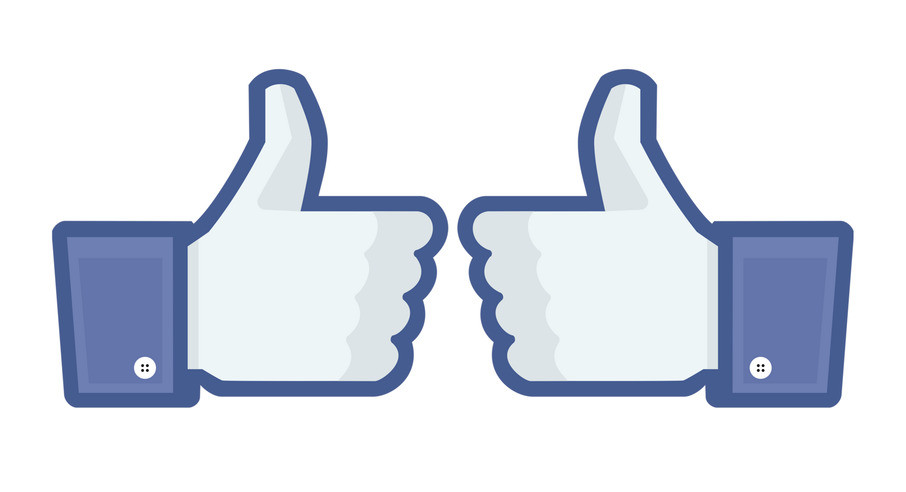
Thumbs-Up Emoji: A New Legal Binding? Saskatchewan Court Ruling Sparks Debate
In a surprising turn of events, the legal landscape is shifting with the rise of digital communication. A recent judgment from the Court of King's Bench in Saskatchewan has set a precedent by ruling that an Emoji, specifically the thumbs-up (?), is sufficient for a contract to be legally binding. The case in question involves a Canadian grain buyer, Kent Mickleborough, and a farmer named Chris Achter. This ruling has sparked conversations about the legal implications of digital communication, specifically Emojis, in contractual agreements.
Mickleborough had approached various farmers in March 2021, looking to purchase 86 tons of flax at CAD $17 per bushel. Achter, one of the farmers reached out to, engaged in a phone conversation with Mickleborough to discuss the terms of the proposed deal. Mickleborough had then sent a text message to Achter with a snapshot of the contract, requesting confirmation. In response, Achter sent a thumbs-up Emoji. However, the conditions of the contract fell short when Achter failed to deliver the promised flax.
This led to Mickleborough suing Achter for breach of contract, arguing that his response with the thumbs-up Emoji was an acceptance of the contractual terms. Justice Timothy Keene, ruling on the case, agreed with Mickleborough's argument. He said, "This court readily acknowledges that a (thumbs-up) Emoji is a non-traditional means to 'sign' a document, but nevertheless, under these circumstances, this was a valid way to convey the two purposes of a 'signature.'" Keene cited dictionary.com to explain that the thumbs-up symbol is universally recognized as an affirmation.
However, Achter contended that his Emoji response was merely an acknowledgment of the contract's receipt rather than an agreement to its terms. Mickleborough refuted this by demonstrating evidence of Achter's prior acceptance of contracts through text messages, although these did not involve the use of a thumbs-up Emoji.
In conclusion, this judgment signifies a significant shift in how courts may interpret digital communication in the future. With Achter now required to pay Mickleborough CAD $82,000 for breaching the contract, the ruling has sparked a debate on the legal implications of Emojis and other non-traditional forms of agreement. The decision also underscores the importance of clear communication, especially in contractual matters, and serves as a reminder that even a seemingly innocuous Emoji can carry significant legal consequences.
